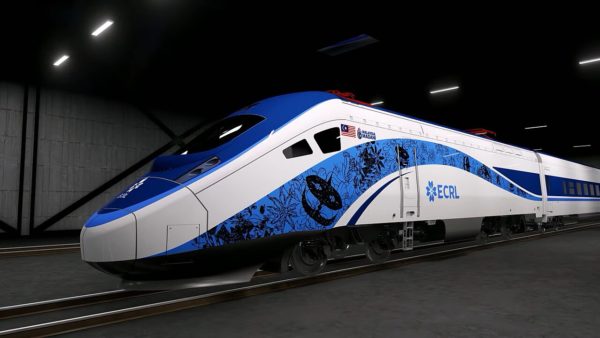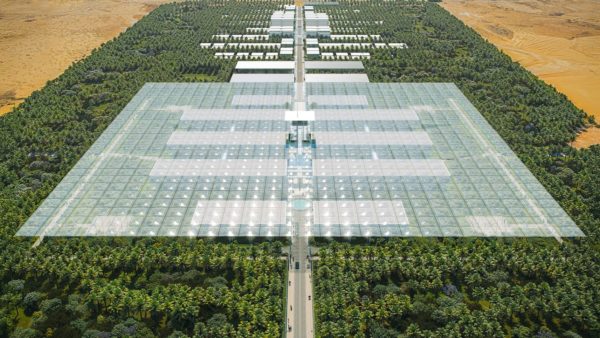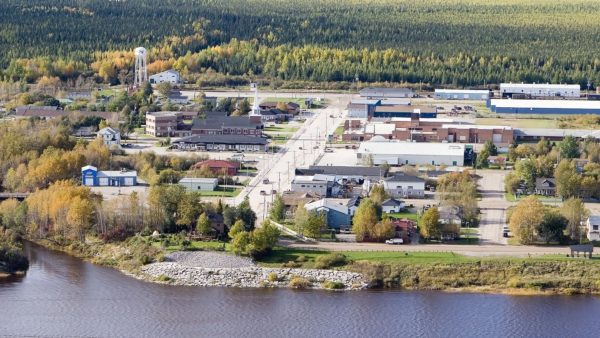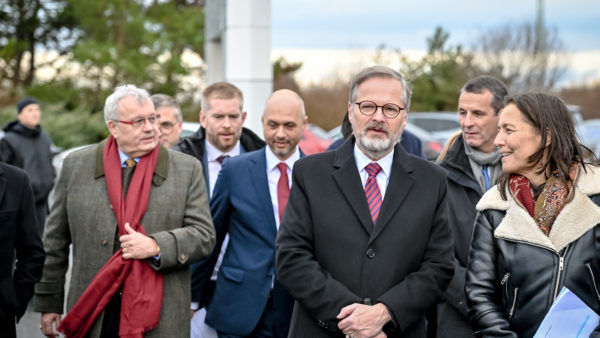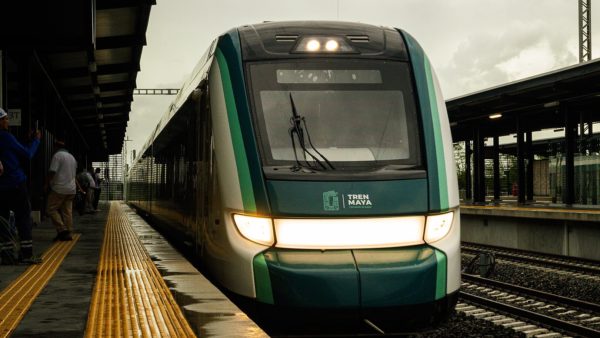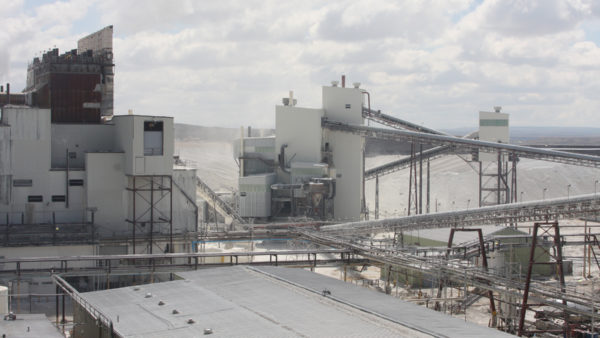In what seems to be their first effort to counter China’s Belt and Road infrastructure programme in the Indo-Pacific region, the US, Japan and Australia are to lend more than $1bn for a liquefied natural gas (LNG) project in Papua New Guinea, the Nikkei Asian Review reports.
The money will come from three government-backed lenders: Japan Bank for International Cooperation (JBIC); the US Overseas Private Investment Corporation (OPIC); and Australia’s Export Finance and Insurance Corporation (EFIC).
Plans for the LNG plant will be finalised over the next two to three years, said Nikkei.
It would be the first expenditure in the trilateral initiative announced in August last year in a speech by US Secretary of State Mike Pompeo (pictured).Â
That was seen as part of the US’ efforts to contain China’s growing influence throughout east, south and central Asia.
Pompeo said then that the US’ aim was to oppose any country that sought “domination” in the region, and to keep it “free and open”.
His speech was followed in November by a memorandum of understanding among the three lenders on advancing infrastructure projects such as electrification, energy and digital connectivity.
In a joint statement today, the partners made no mention of an LNG plant, but said they had sent a mission to Papua New Guinea to discuss projects in the country in April this year.
They said they would also soon be sending a joint mission to another, unspecified country in Southeast Asia to identify other opportunities.
As previously reported, OPIC will be absorbed into the US International Development Finance Corporation (USIDFC) with an investment capacity doubled to $60bn.
According to Nikkei, Australia will expand EFIC’s mandate from July and give it $1.4bn in funding and JBIC has established a Trilateral Infrastructure Partnership taskforce.
JBIC lends $15.8bn a year.
As well as concern over China’s activities in disputed Pacific waters, senior US figures such as Vice President Mike Pence have characterised China’s Belt and Road initiative as a kind of “debt-trap diplomacy” that ends up harming participating countries.
It is a view that has been disputed by some western experts.
Nevertheless, in their statement today the partners played on the debt-trap fear, saying the projects they would support would be “financially sustainable”, would “foster openness and inclusiveness”, and would “enhance the resilience and self-sufficiency of host countries”, among other values.
“National sovereignty” would also be respected, the statement said.
In 2017 China Railway Group and Papua New Guinea signed agreements for three projects worth about $4bn to upgrade 1,600km of highways. (See Further reading.)
Nikkei notes that Papua New Guinea has picked China’s Huawei Technologies to build its internet infrastructure, and that Australia, which is helping to develop a naval base on the island nation, worries that intelligence could be leaked to Beijing through the network.
Image: Secretary of State Mike Pompeo at the Indo-Pacific Business Forum (YouTube)
Further reading:





